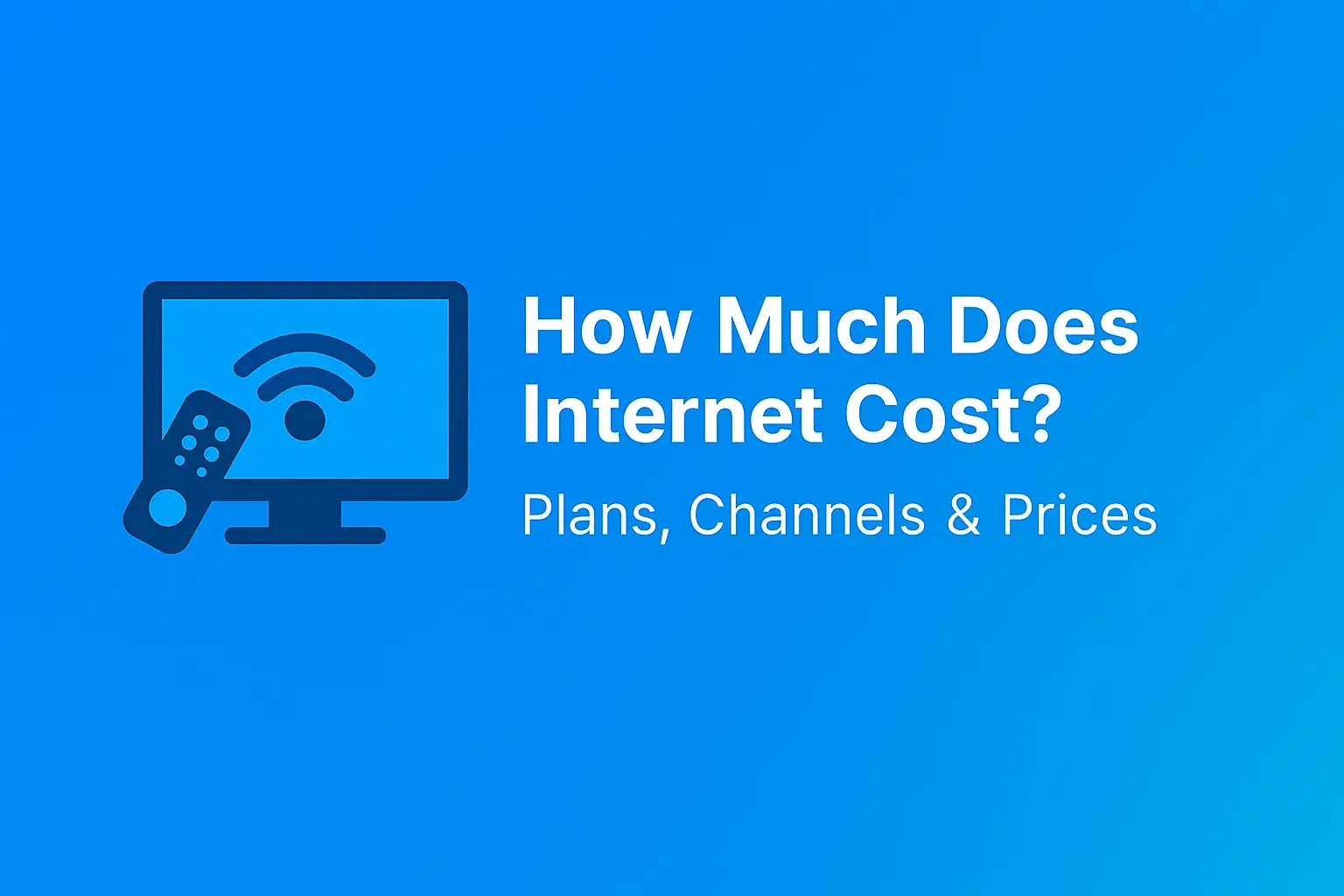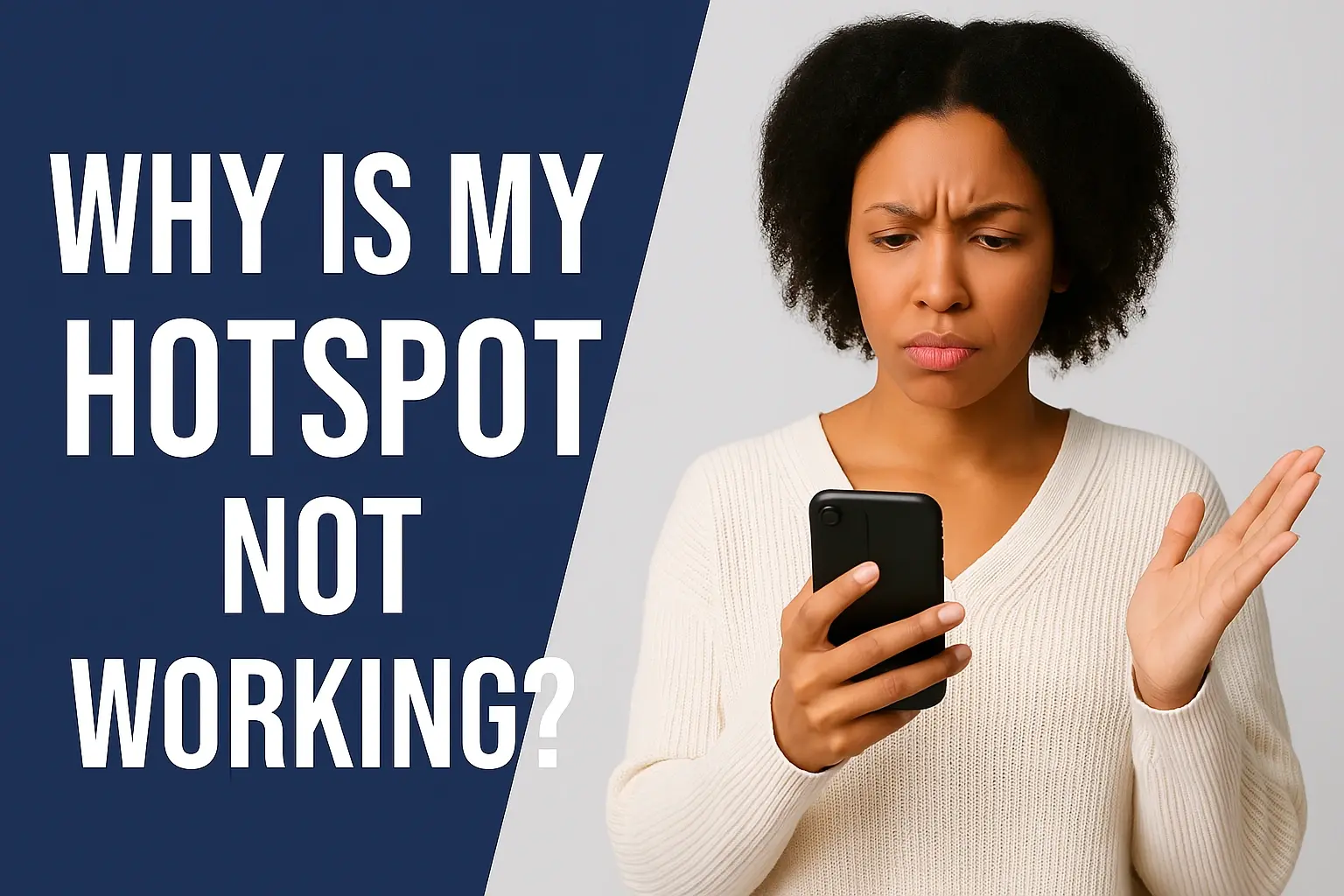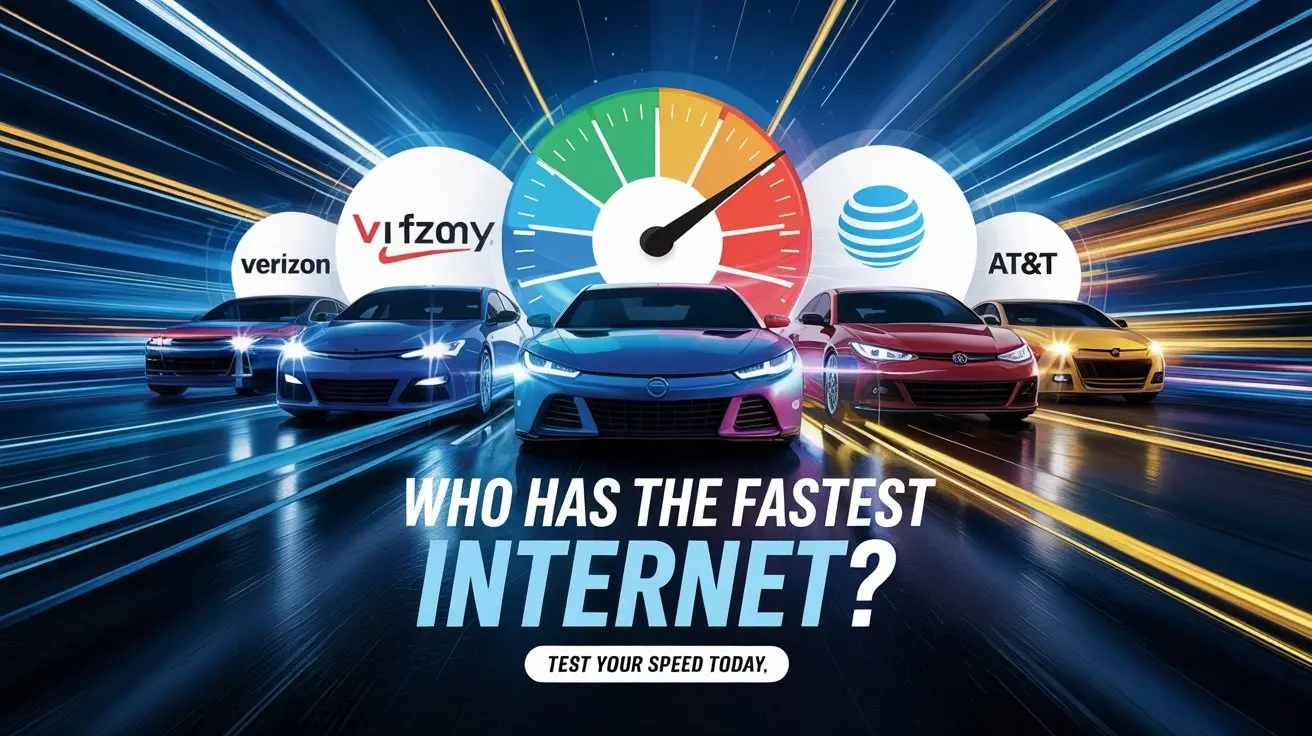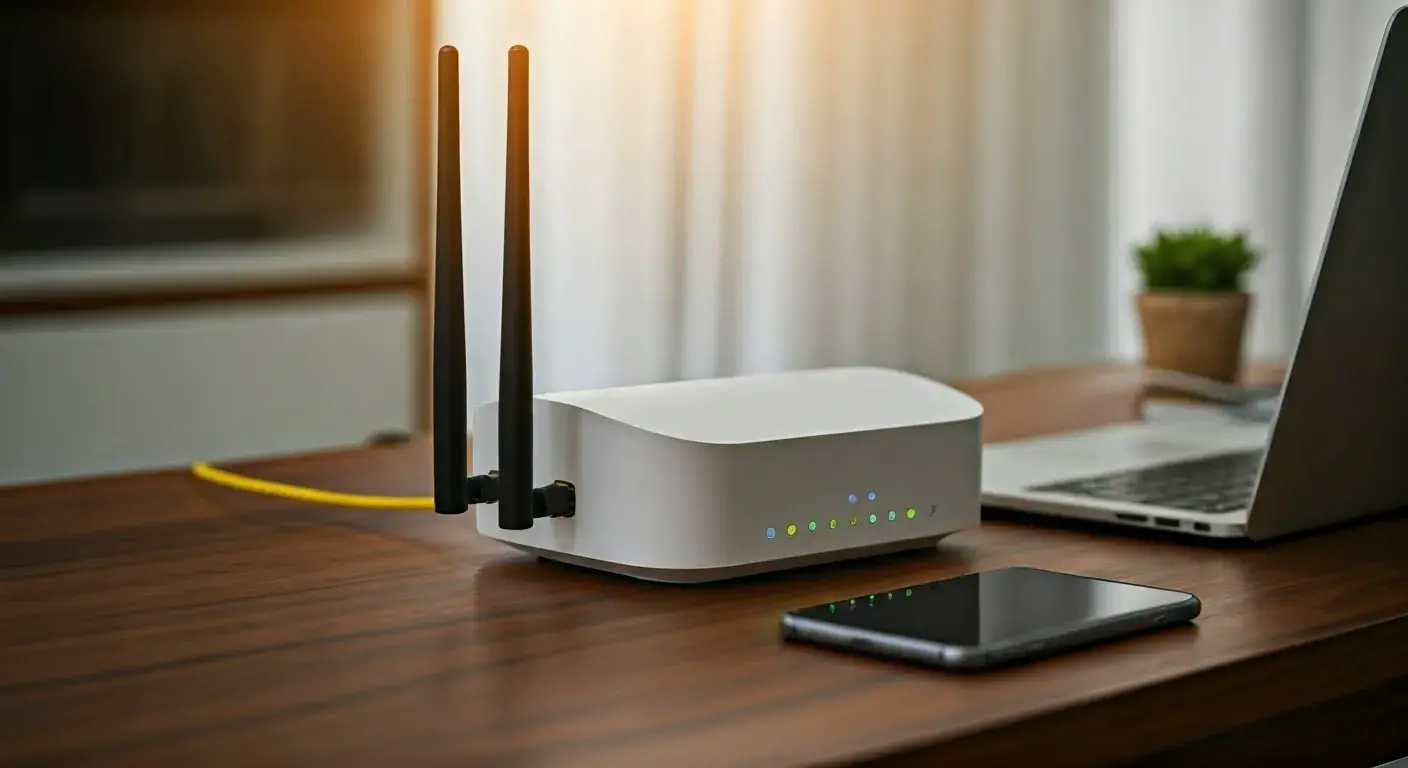Is there a big Difference Between 500Mbps and 1Gbps?
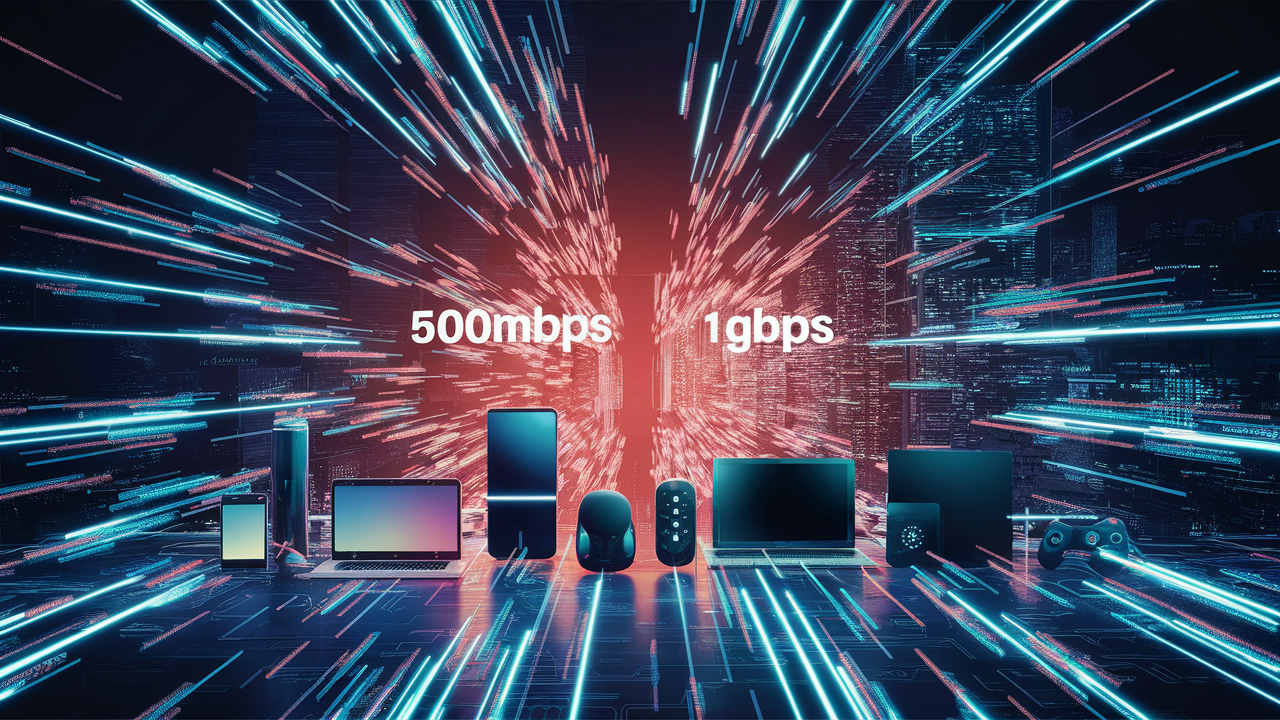
You might wonder if you should sign up for a gigabit internet connection instead of a slower one as Internet service provider businesses are raising the connection speed. From 500Mbps to 1Gbps, can you see a notable performance improvement? Alternatively is a 500Mbps connection more than sufficient for the typical user, or at least the user of today? But in this post, we will show you 500 Mbps vs 1 Gbps and discuss if the switch from a 500 Mbps plan to a gigabit plan is worth it.
What is 500Mbps Internet?
500Mbps is the speed at which an internet connection is provided and it means that one can download at a rate of 500 megabytes per second. Before getting into the results, let me explain that this is equal to approximately 62.5 megabytes per second (MB/s). Some key facts about 500Mbps internet:
- This speed is faster than even the most basic home broadband internet connection speed. The speed of internet download is moderate in the US, with an average of 150Mpbs.
- Hosts multiple connected devices concurrently with high bandwidth applications with no signs of any lag or buffering.
- Facilitates downloads to files, software, videos, etc In fact, I can download a full movie in high definition within one minute.
- Supports smooth gaming and online play at low latency and 4K/Ultra High Definition video streaming.
- However, competitive for people with high demands on the number of connected devices simultaneously.
Therefore, I agree that in most circumstances a 500Mbps internet connection is very fast. That is faster than the average that a family requires. The only disadvantage is that the given speed is normally the so-called ‘up to’ speed that can be achieved only at a certain time. Depending on your devices and the traffic on the network, you might see slightly lower speeds in practice. However, it is still a very fast internet which is an important aspect in the use of the internet for various purposes.
What is 1Gbps/Gigabit Internet?
1Gbps, also known as gigabit internet, is a broadband connection with data transfer rates of up to 1000Mbps, for download. Which amounts to 125 megabytes per second. Here are some key features of gigabit internet plans:
- High availability with an internet connection speed that is 10 times faster than the average broadband.
- Downloads files in a matter of seconds that even take several minutes on a poor connection. One can download an entire movie in 4K HD quality in less than 15 seconds.
- Suitable for activities that require the most demanding amount of data, such as video editing, gaming, or running a home server without any drop in performance.
- Enables several tens of devices to be connected without negatively impacting the performance of individual ones.
- Positioned for the subsequent generation of highly bandwidth-demanding applications and services.
Let me be quite blunt about this – 1Gbps internet is seriously fast. I think it is out of proportion to what most households require as we speak now. He was able to deliver gigabit speeds that offer nearly inexhaustible capability to accommodate high-usage applications now and in the foreseeable years to come.
Comparing the Features of a 500Mbps Internet Connection to a 1Gbps Internet Connection
So when comparing 500Mbps vs 1Gbps internet, the difference comes down to:
Raw Speed
This means 1Gbps is double the speed of 500Mbps- 1000/500. Thus gigabit provides a pure data transfer rate that is significantly higher, or in other words, offers much more than megabit. Well for normal internet usage such as browsing, Facebook, Twitter, YouTube, etc the two provide much more than enough bandwidth You will only see this difference when copying large files from one location to the other.
Supported Use Cases
Both 500Mbps and 1Gbps connections support normal household use cases like:
- Web browsing
- Email
- Social media
- Online gaming
- Music/TV streaming
Gigabit enables more advanced use cases that demand ultra-high bandwidth like: Gigabit enables more advanced use cases that demand ultra-high bandwidth like:
- 4K/8K video editing
- VR gaming/content creation
- Smart home-connected device that is a new modern technology
- Home server is one of the most crucial factors and there are several risks involved with operating a home web server.
Therefore today's average house usage doesn’t require more than 500Mbps since it suffices in most instances. But gigabit does provide room for new applications that require high bandwidths.
Future Proofing
One positive aspect of having 1Gbps is that the network will be prepared for future demands. Internet consumption is projected to increase significantly within the next 5-10 years with new technologies in IoT, Smart homes, Virtual Reality, Digital Health, Self-driving cars, 8K Video on demand, and New inventions that are yet to be developed. By migrating your home connection to gigabit internet now, your home will be prepared for any further advancements in demands for speed in the future.
Price
Of course, the other important aspect is the cost factor. Typically, the plans with gigabit speeds are $20-$30 a month more costly than midrange speed plans. Therefore, you will have to question whether future readiness speeds are worth the present premium. Such offers may mean that the price difference is not as large as you think thanks to added goodies like advanced routers, free streaming subscriptions, or smart home devices, for example.
How Much Internet Speed Is Sufficient: Do You Need Gigabit Internet?
All in all, homeowners do not need gigabit internet at the moment as it is much more than what is needed. However, if you need extremely fast connection speed right now or will be implementing high-bandwidth applications sometime in the future, then, yes, it would be a good idea to upgrade.
Here are a few key questions to ask yourself when deciding if it’s worthwhile to get a 1Gbps internet plan:
1. Are you frequently dealing with such files as 4K video, whose size may exceed gigabytes? If yes, gigabit speed will dramatically revolutionize the way you work.
2. Do you have more than 100 smart devices that you use and connect to the home network? If yes, you need a gigabit to avoid congestion of the link.
3. Would any of your family members make heavy bandwidth content such as virtual reality videos? If yes, gigabit is almost mandatory I would say, as I am witnessing the growing need for more bandwidth for new services as well as the increase in the number of users of existing services.
4. Are you the type of tech person who is always on the lookout for new technologies? Then gigabit will allow you to capitalise on new advances for as long as ever you want.
If the answer to all of these questions is no, 500Mbps would be more than adequate for your home as things stand today. However, gigabit-ready networks are still in the process of being rolled out in many areas to many areas and the price gap will reduce. Upgrading now also ensures your home is suited for the new hyperconnected world that is slowly manifesting itself.
Summing up, it is probably accurate to say that today, most households do not need a full gigabit in case of handle high-demand use cases. However, in the future, over the next decade, gigabit capabilities will become more or less normal to drive new generations of solutions. Compare now and later requirements to determine whether spending on 1Gbps is worth enough to safeguard the future of your home.
Ready to upgrade your internet experience? Call us now at +1 844-349-7575 to explore the best Cox Internet plans for your needs!
